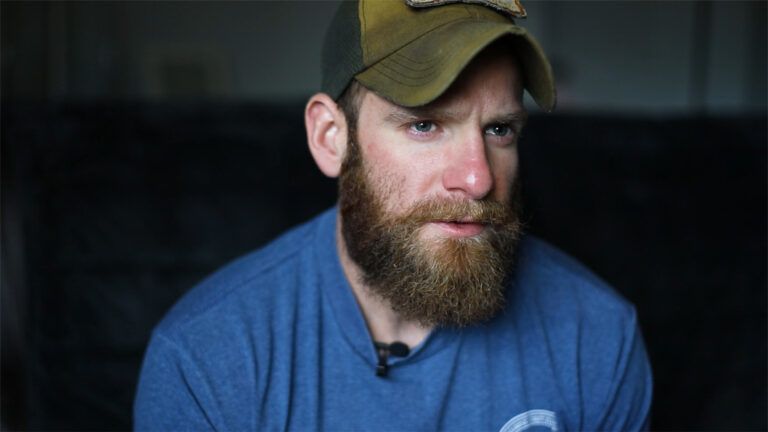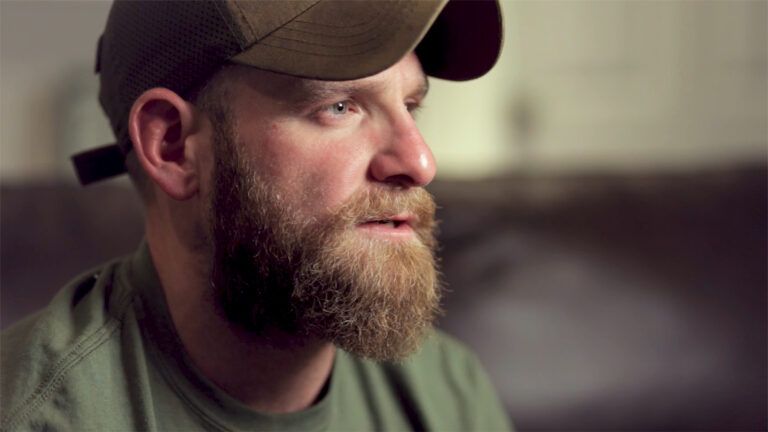Veterans are sometimes reluctant to seek help for mental-health problems. They feel more comfortable approaching their clergyperson than a mental-health professional; in fact, a clergyperson and a congregation may be the first to learn of the problems. Here are some ways you and your congregation can reach out to our returning troops.
Adopt a military family. Take them out for breakfast. Go shopping with the spouse. Do yard work or home repairs. Offer to babysit the kids so the parents can go out; they need some time together.
Pay for a Marriage Encounter retreat. Give a couple who might have been separated for long periods a weekend without distractions to get closer and deepen their marriage. Learn more at wwme.org.
Start a Bible study. This could be just for veterans and their families or open to the whole congregation. Learn from a biblical perspective about issues that veterans are facing, such as moral injury and forgiveness.
If you are a larger congregation or can partner with other congregations, set up a coffeehouse where veterans can hang out. Check out the Coffee Bunker in Tulsa, Oklahoma, as an example, at coffeebunker.org.
Pray for our returning troops. Bring a Veterans Administration chaplain to your house of worship to explain issues such as PTSD, traumatic brain injury and depression. To find a chaplain near you, go to va.gov/chaplain.
Have a special service to honor all veterans, not just from the conflicts in Iraq and Afghanistan, but past wars. Invite a veteran to give the sermon.
Connect with returning troops on social media. They are struggling to readjust to life. They need to know they have friends, both far and near.
Be the eyes and ears of your clergyperson. Without being intrusive, members of the congregation can alert the clergy to a need for pastoral care. Clergy can be a calm, nonjudgmental presence, and your house of worship can provide a safe space for healing.
Read Command Sgt. Maj. Jeffery Powell’s story of how he made a difference in one troubled soldier’s life.
Bring faith and inspiration to our troops! To donate a Guideposts subscription now, click here.







